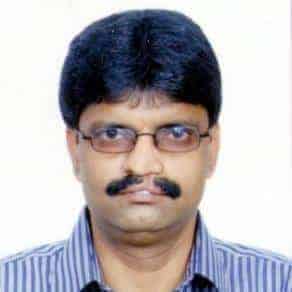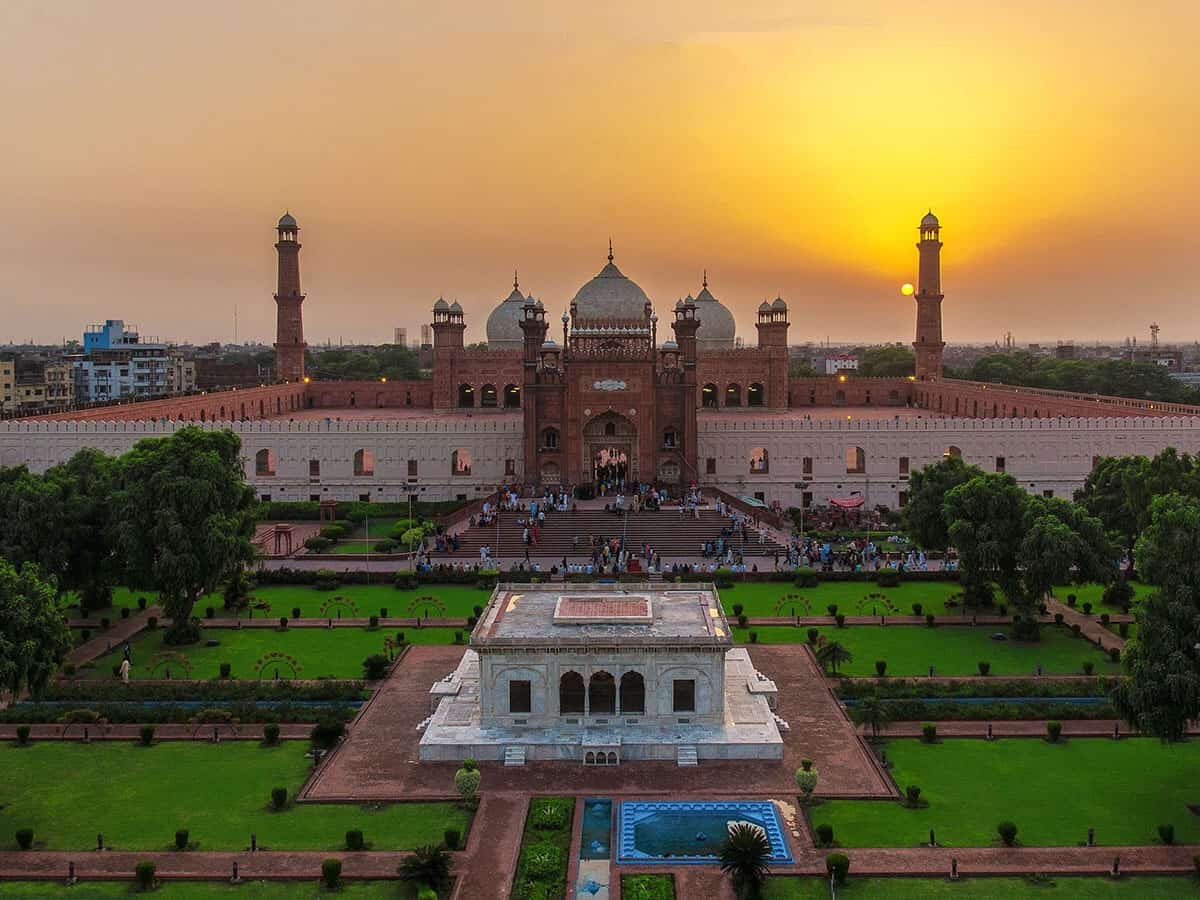
Mohammed Wajihuddin
In December 2013, The Times of India sent its journalist Sameer Arshad Khatlani to cover the World Punjabi Conference in Lahore. What could have been a normal assignment for most journos to recall this visit as not more than fleeting, the intrepid reporter in Sameer turned it into a lifetime opportunity to explore Lahore, visiting its famous bazaars and infamous pockets. He met some interesting people and received warm hospitality.
While making most of his brief stay in Pakistan, Sameer tried to make sense of the complex history of a country born out of the womb of diabolical ‘divide-and-rule’ policy the British imperialists foisted on the sub-continent. The result is Sameer’s immensely readable book “The Other Side Of The Divide: A Journey Into The Heart of Pakistan”(Ebury Press, Rs 499).
Part memoir, part travelogue, Sameer the Kashmiri boy tries to retrace in Lahore the steps of his grandfather whom he called Abbaji. In most Muslim homes in North India and Pakistan Abba or Abbaji is used for father. But I presume, perhaps Sameer’s father called his father Abbaji, and the boy picked it up and called his grandfather Abbaji even when he was his Dada Abba.
Abbaji had spent several years in Lahore, studied traditional medicine in there in the1930s, dabbled in journalism and “had the fortune of seeing poet-philosopher Iqbal in flesh and blood’. Iqbal was proud of his Brahmin ancestry and Kashmiri roots. Iqbal justifiably inspired generations of Kashmiris, including Sameer’s grandfather, for whom Lahore held limitless opportunities while life back home was stifling. Sameer writes: “The city (Lahore) ‘s intellectually stimulating atmosphere equipped them (Kashmiris) with new ideas of resistance. They learnt new means to fight the serfdom Kashmiri’s ruler had condemned his majority Muslim subjects to.”
Lahore’s famous Anarkali Bazaar had bedazzled Abbaji. Naturally, his grandson had to visit it as he was in the city. He kept the second last day in Lahore to visit this much-talked about Bazaar. In his excitement to retrace the steps of his grandfather, Sameer left his hotel room and decided to walk to the market on a cold December afternoon. Very soon he realised it was impossible to fill the shoes of his grandfather who, as he narrates, had roamed the city penniless. The biting cold forced him to stop walking and Sameer completed his journey to Anarkali in an auto-rickshaw. Much that his grandfather had seen as markers in Anarkali’s alleys was gone. Except the iconic S. Mokham-ud-Din and Sons’ Bakery, all the establishments with non-Muslim names were gone. It was a big disappointment for Sameer to see that Anarkali was left far behind even as posh colonies and fashionable markets marched ahead.
The author visits Laxmi Mansion, another landmark in Lahore. Politician Mani Shakar Aiyar was born here in 1941.Built by industrialist Ramkishna Dalmia, the residents of this apartment complex have been resisting commercialization of the neighborhood. Land sharks lurk everywhere. Among Laxmi Mansion’s famous residents was writer Saadat Hassan Manto and a name plate outside his house declares it.
I would have been disappointed if Sameer had not talked about Heera Mandi, Lahore’s red light district, and Shadman Chowk, the roundabout where once a prison stood and the spot where revolutionary Bhagat Singh was hanged. But first let us see what he found at Heera Mandi.
He truthfully writes that, in its heyday, Heera Mandi was like no other red light district. “Courtesans in colorful saris would perform to the tunes of troupes of accomplished musicians in carpeted rooms of illuminated havelis,” he writes. One of the courtesans, Aqleem Akhtar, who ran a Heera Mandi-like club in Rawalpindi, went on to become Pakistan’s most powerful woman once. Called General Rani as she became the consort of General Yahya Khan who ruled Pakistan from 1969 to1971, she possessed immense power as Yahya’s “gatekeeper.” Exploiting Yahya Khan’s weaknesses for booze and womanizing, Akhtar expanded her influence on Yahya from bedroom to boardroom. As the General’s muse and mistress, Akhtar became the real power behind the throne. Leaving a life of penury behind, Akhtar had walked out of her marriage, abandoning children for a dizzying life of glamour and wealth. But her fall was quicker than rise. After the defeat of Pakistan in 1971 war which culminated in East Pakistan breaking away from it, Yahya Khan suffered the downfall. Much of the blame fell on Akhtar who pulled strings from behind till Yahya was dethroned. She was put in house arrest for five years. Later during Ziaul Haq-ordered Islamization of Pakistani society Akhtar was arrested for drug trafficking. She is part of folklore in Pakistan.
A couple of years ago, I as part of Mumbai Press club delegation, visited Pakistan. We were in Lahore too. Unlike Sameer, we didn’t roam the city freely. And we didn’t have friends like lawyer Salman Raja and writer Raja Rumi to show around the city’s interesting places. Yet we saw some of the landmarks like Badshahi Mosque, the Fort and Allama Iqbal’s mausoleum near the massive mosque. Armed personnel escorted us. Someone said, even ISI guys tailed us everywhere we went. We couldn’t have verified it anyway. But one of the places that many obscurantist Pakistanis would not have liked us to visit was Shadman Chowk where Bhagat Singh was executed in 1931. A group of progressives in Pakistan have campaigned to name the roundabout with a fountain in its middle after Bhagat Singh. It is where the gallows used to be inside the jail complex. The demand to rename it after Bhagat Singh is genuine. It’s current name Shadman meaning happiness or joy is insult to a hero’s memories. But the attempts to get it renamed after Bhagat Singh have been stonewalled as bigots and hawks would not like anything that can help bring the people of two countries closer.
Sameer writes with great passion. The prose is proof enough that journalism is his first love. He lives with his beloved wife and their toddler son, Orhan, in Delhi. Perhaps it is Turkish writer Orhan Pamuk after whom the couple have named their son. God bless them.
Mohammed Wajihuddin, a senior journalist, is associated with The Times of India, Mumbai. This piece has been picked up from his blog.

